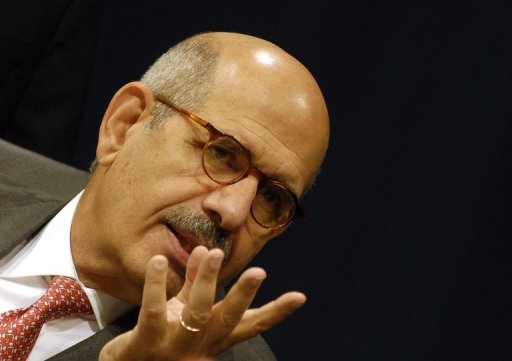A mid the chaos and high energy of the Cairo International Book Fair, an affable, calm figure stood out with his blue linen suit and cool demeanor. The man is award-winning British poet Paul Farley, one of the most distinctive voices in current British poetry.
At 44, he’s published three collections and been the recipient of numerous prizes, including being shortlisted for the T.S. Elliot prize in 2002.
I first came across Farley’s work in the Guardian, where an essay of his grabbed my attention with the unusual title “I am a Mainstream Poet. Farley described the relationship of the moniker “mainstream within poetry, a genre that still exists on the fringes of commercial art practices. We spoke further on this relationship within the context of Farely’s native Liverpool, a place he described as “chaotic, proletariat and violent.
“I suppose it was an unruly place, and it was difficult to show any interest in art at that particular time in that particular place. Which is a shame, cause you’re always hiding your interest. So you hold it close to yourself and you don’t share it with so many people. But in a funny, paradoxical way that makes you value it more, it makes it more important to you. So, when I got older it never went away, it just got stronger in me.
Farley’s poetry evokes stillness in the reader. He approaches mundane subjects and lifts them towards a quiet revelation. I first read his poetry online, so I asked whether he thinks there is a substantiative difference between reading poetry online versus on the written page.
“It’s a very interesting question because the usual distinction is made between the page and the stage, Farley replied. “Some people will say is it important for the poem to behave one way on the page, [and ask] is that more important than what it sounds like when it issues from someone’s mouth. Online is a different dimension again. I think the jury is still out if you like. We still haven’t learned how to present poetry online to its optimum level.
“One thing that’s fascinating about online is that you can present the sound file with the text, so it’s rather like having a book that you can open that starts talking to you. But I think it’s still early days, so we’ll have to wait and see what happens.
Our conversation then shifted to the subject of the access and visibility of the poet himself online, a change from earlier times when the faces of few poets were known. “I think most people like a poem to live its life on the page and be a separate artifact from its maker, said Farley.
“Let’s face it, poets aren’t going to be able to stand over every reader’s shoulder and be an advocate for what’s been written. The strongest poems are one’s that generate their own context around themselves, have their own weather system around them. And they’re quite rare actually. I think they’re more rare than we like to think they are.
About his visual or visceral impressions of Cairo, Farley said: “It has a very palpable throb and energy. And it’s a city of people, which probably sounds strange, but if you go to a North American city, where everyone is covered by malls, you drive around and you think, ‘Where is everybody?’
“But Cairo’s not like that. I would have thought Cairo is a city that would be interesting to any poet.
In addition to being a working poet, Farley is also a professor at the University of Lancaster. He’d quoted the poet William Wordsworth on occasion, regarding the importance of “the grand elementary principle of pleasure in teaching.
“It’s important to remind students of this, he said; “especially when they come all through primary and secondary education – where they’ve been asked to analyze poetry, reduce it to meaning. They need to do that so that there can be palpable outcomes, so they can be marked in school, and that’s fine, but that makes fun very second place, and enjoyment isn’t really there. So by the time I see them reading poems are a chore. So I try to remind them that first and foremost you’ve got to enjoy poetry. You’ve got to enjoy reading it on the page; the shape, the texture, the sound of it has got to thrill you, on a very basic level actually.
“Without that ‘pleasure principle, he continued, “it’s always going to be a struggle. That’s why I think there’s not a huge readership in England for contemporary poetry, because lots of people got the poetry removed from them. I don’t know what happened. It’s not as if children don’t enjoy poetry; they do. We’re musical creatures, we love playing games with language; we love making things rhyme. Then something happens, we lose the fun. I think, and this isn’t unique to me as a tutor, I’m just trying to reintroduce that element of pleasure.
When asked if his own poems are still coming, Farley replied. “Yes. I always find they come in clusters. I never worry about ‘writer’s block’…. You shouldn’t look too hard, the poems will find you. One day you’ll want to sit down and start writing, because the poems will be playing over and over in your head.
